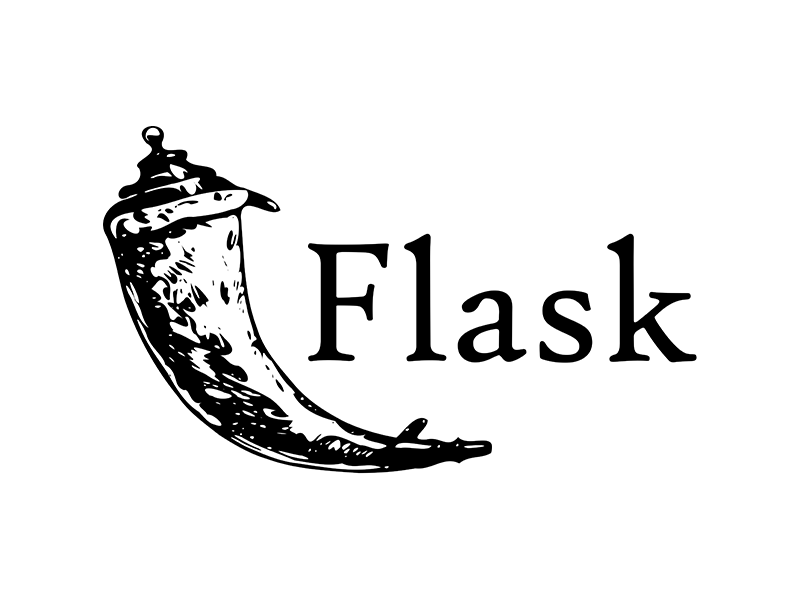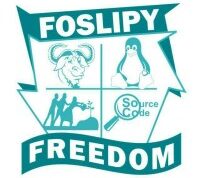Flask Framework

Flask is a lightweight and flexible web framework for Python that allows developers to build web applications quickly and efficiently.
Flask is a lightweight and flexible web framework for Python that allows developers to build web applications quickly and efficiently. It follows the WSGI (Web Server Gateway Interface) standard and is designed to be simple yet extensible, making it ideal for both beginners and experienced developers. Flask provides essential features like routing, request handling, and templating while allowing developers to integrate extensions for advanced functionalities. Its minimalistic approach ensures that developers have full control over their application’s structure and dependencies. Flask is widely used in startups, rapid prototyping, and microservices due to its ease of use and scalability.
Key Topics to Learn in Flask:
- Routing and Request Handling – Understanding how to define and manage different routes in a Flask application.
- Templates and Jinja2 – Using the Jinja2 templating engine to create dynamic web pages.
- Database Integration (SQLAlchemy) – Connecting Flask with databases like SQLite or MySQL using SQLAlchemy ORM.
- Authentication and Security – Implementing user authentication, session management, and security best practices.
- Deployment and REST APIs – Deploying Flask applications on cloud platforms and building RESTful APIs.
